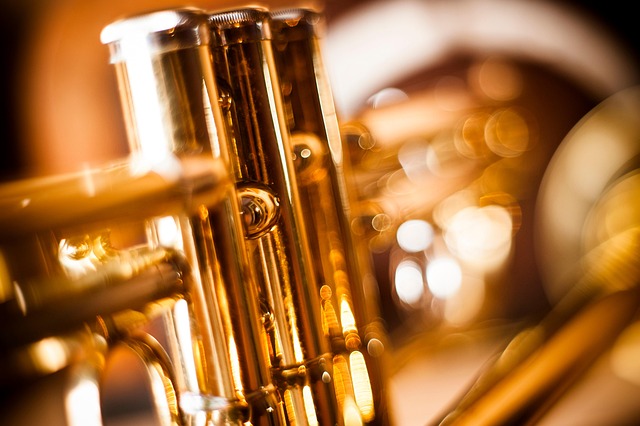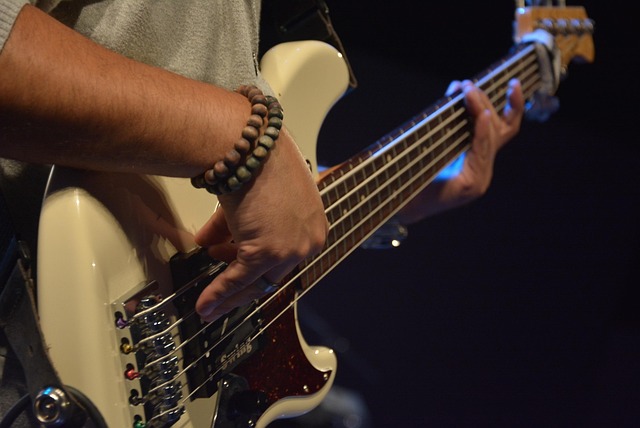The jazz music industry has long been a catalyst for change in the musical landscape, influencing myriad genres and shaping the very fabric of party culture. Emerging in the early 20th century, jazz began as a fusion of African American musical traditions, blues, and ragtime. It laid the groundwork for modern music, acting as a bridge between traditional compositions and the improvisational freedom we cherish today.
As jazz evolved, it permeated various music genres, giving rise to countless styles such as bebop, smooth jazz, and even jazz fusion. Artists like Louis Armstrong, Duke Ellington, and Miles Davis not only showcased their incredible musical talent but also opened the door for subsequent generations of musicians. This evolution reflects a broader trend of cultural interchange that weaves through the tapestry of contemporary sound.
The impact of jazz on the party culture is profoundly significant. During the Jazz Age of the 1920s, social clubs and speakeasies became breeding grounds for musical innovations and lively gatherings. The intoxicating rhythms and charismatic performances invited people to dance, laugh, and express themselves freely. Jazz became synonymous with rebellion against the constraints of the time, creating an era where joy and artistic expression flourished. This spirit of community and spontaneity has remained a hallmark of jazz-themed events, influencing how we conceive of parties and social interactions today.
Moreover, the jazz music industry has seen a resurgence in recent years, with festivals and live performances regaining popularity. These events attract diverse audiences who revel in the improvisational nature of jazz, bringing people together in an atmosphere charged with creativity and excitement. The transition from jazz venues to larger festival circuits demonstrates how far the genre has come, appealing to both old fans and new listeners eager to experience the magic of live music.
In addition, the evolution of technology has played a pivotal role in jazz. The rise of digital streaming has made jazz accessible to a wider audience, introducing the genre to those who may have otherwise never experienced it. This accessibility has fostered new collaborations and innovative productions, further challenging the traditional norms of the jazz music industry.
Jazz continues to influence a variety of musical genres—hip-hop artists frequently sample jazz tracks, while indie musicians often draw inspiration from its complex rhythms and melodies. As a result, the lines between genres blur, illustrating that the spirit of jazz is not confined to a single style but rather acts as a dynamic force for creativity across the musical spectrum.
Overall, the jazz music industry represents more than just a genre of music; it embodies a spirit of freedom, innovation, and cultural harmony. From its beginnings in the smoky bars of New Orleans to its role in today’s vibrant party culture, jazz leaves an enduring legacy that continues to inspire musicians and revelers alike around the world.




